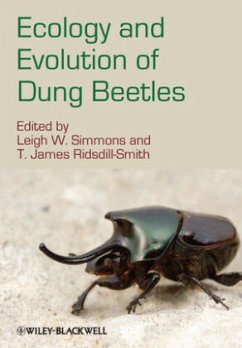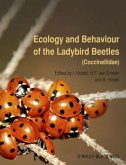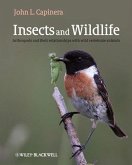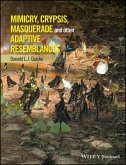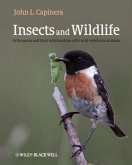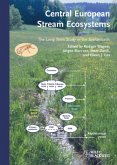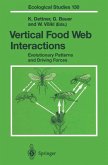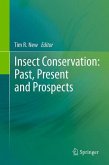First comprehensive volume of the ecology and evolution of this model organism since 1991.
Shows how knowledge of dung beetle ecology contributes to general theories of evolutionary ecology, community ecology, functional ecology and population biology.
This book describes the evolutionary and ecological consequences of reproductive competition for scarabaeine dung beetles. As well as giving us insight into the private lives of these fascinating creatures, this book shows how dung beetles can be used as model systems for improving our general understanding of broad evolutionary and ecological processes, and how they generate biological diversity. Over the last few decades we have begun to see further than ever before, with our research efforts yielding new information at all levels of analysis, from whole organism biology to genomics. This book brings together leading researchers who contribute chapters that integrate our current knowledge of phylogenetics and evolution, developmental biology, comparative morphology, physiology, behaviour, and population and community ecology. Dung beetle research is shedding light on the ultimate question of how best to document and conserve the world s biodiversity. The book will be of interest to established researchers, university teachers, research students, conservation biologists, and those wanting to know more about the dung beetle taxon.
Hinweis: Dieser Artikel kann nur an eine deutsche Lieferadresse ausgeliefert werden.
Shows how knowledge of dung beetle ecology contributes to general theories of evolutionary ecology, community ecology, functional ecology and population biology.
This book describes the evolutionary and ecological consequences of reproductive competition for scarabaeine dung beetles. As well as giving us insight into the private lives of these fascinating creatures, this book shows how dung beetles can be used as model systems for improving our general understanding of broad evolutionary and ecological processes, and how they generate biological diversity. Over the last few decades we have begun to see further than ever before, with our research efforts yielding new information at all levels of analysis, from whole organism biology to genomics. This book brings together leading researchers who contribute chapters that integrate our current knowledge of phylogenetics and evolution, developmental biology, comparative morphology, physiology, behaviour, and population and community ecology. Dung beetle research is shedding light on the ultimate question of how best to document and conserve the world s biodiversity. The book will be of interest to established researchers, university teachers, research students, conservation biologists, and those wanting to know more about the dung beetle taxon.
Hinweis: Dieser Artikel kann nur an eine deutsche Lieferadresse ausgeliefert werden.
